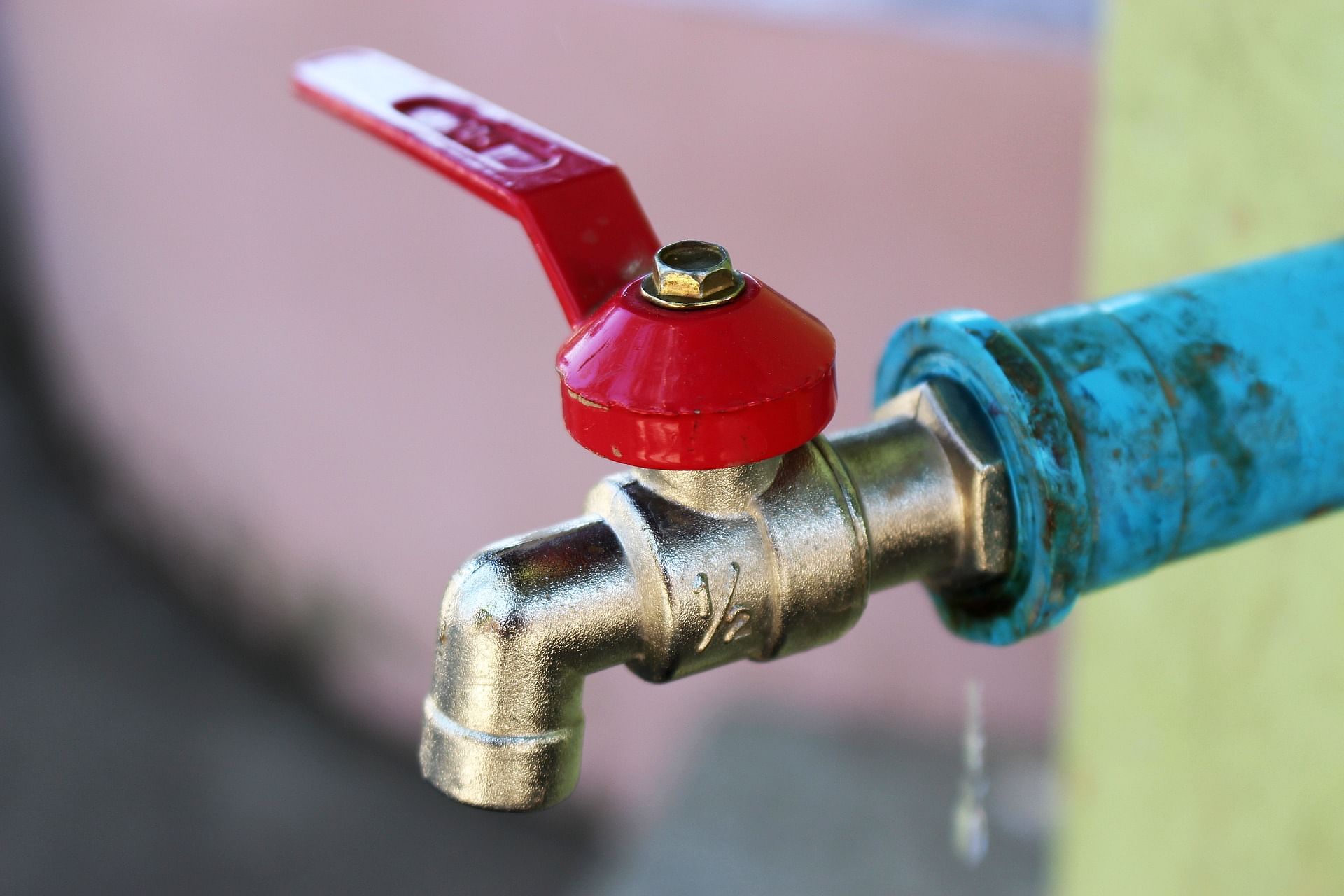
Over 2 crore households across the country have been provided tap water connection so far under the Jal Shakti ministry's Jal Jeevan Mission, an official statement said on Tuesday.
The ministry held a webinar on the planning, implementation and monitoring of outputs and outcomes of JJM with states.
The webinar was attended by about 2,500 state, district and block officials of public health engineering departments and rural water supply departments of various states and Union Territories.
Started in August last year, the JJM is being implemented in partnership with states with an aim to ensure that every rural household of the country gets assured drinking water supply by 2024.
The major objectives of the mission are to ensure water supply to every home as well as focus on functionality of water supply systems on long-term basis, decentralised operation, management arrangements and water quality surveillance by the local community.
While delivering the keynote address, Additional Secretary and Mission Director, National Jal Jeevan Mission, Bharat Lal elaborated the essence of the ambitious programme that aims to improve the lives of people living in rural areas.
Lal said the programme is different from earlier ones and requires innovation and a focussed approach and stressed on the salient features of the mission.
The ministry officials made a detailed presentation on the targets and achievements of the mission.
It was noted that the country has around 5.35 crore rural families enabled with tap water connection and 100 per cent tap connections in 4,700 villages, 351 blocks and nine districts.
"In the whole country, more than 2 crore households have been provided tap water connection in the last one year since the launch of the mission i.e. 15 August 2019.
"More than 1 lakh families are given tap water connections on a daily basis," the statement said, adding that the speed and scale of work being done under the mission was discussed in detail.
"As of now, more than 28 per cent rural homes are getting piped water supply, which has not only reduced the drudgery of rural women, but assured their security and dignity," it added.
During the webinar, officials were asked to focus on priority areas like aspirational districts, water quality-affected areas, drought and desert prone areas, SC/ ST dominated habitations and Sansad Adarsh Gramin Yojna villages.
"It was highlighted that every source needs to be tested once for chemical parameters and twice for bacteriological contamination in a year as a part of water quality monitoring," the statement said.
States were asked to carry out the testing of all water sources accordingly.
"It is required to upgrade and to obtain NABL (National Accreditation Board for Testing and Calibration Laboratories) accreditation of all the laboratories in the state. It was urged to plan for obtaining NABL accreditation for the maximum possible number of laboratories during 2020-21.
"It was also told to open water quality laboratory facilities to the general public," it added.
As envisaged under the mission, the local village community, gram panchayats and or its sub-committee (village water and sanitation committee, paani samite) should be involved in planning, implementation, management, operation and maintenance of water supply systems in villages to ensure long-term sustainability of the ongoing efforts to achieve drinking water security, the statement said.
It was explained in detail the importance of Village Action Plan, District Action Plan and State Action plan, the statement said.
"Retrofitting and augmentation of existing piped water supply (PWS) systems was highlighted and states were asked to start the works in all such villages in a campaign mode, so that the remaining households belonging to poor and marginalised people in villages, habitations can get tap water at earliest,” the statement added.